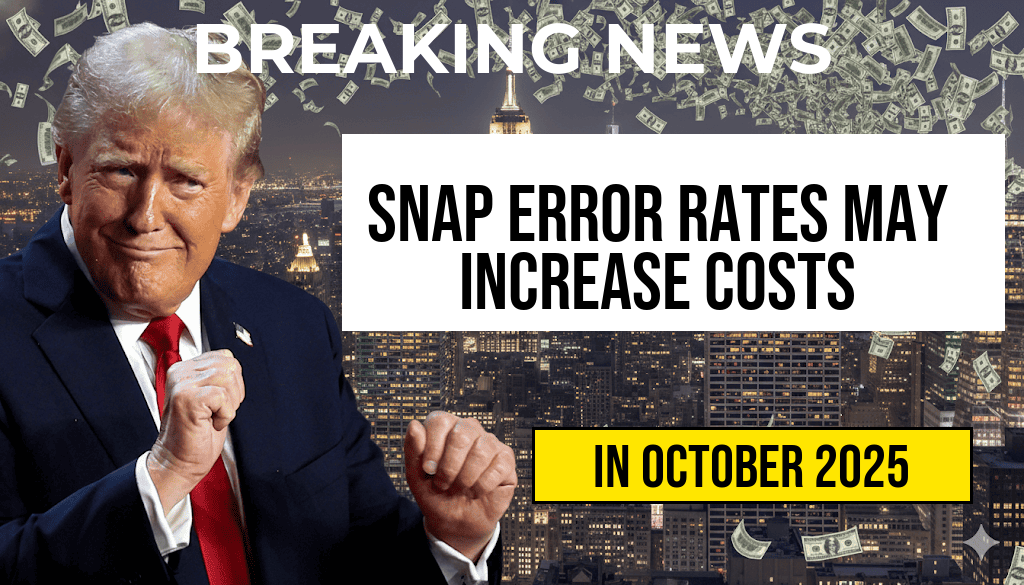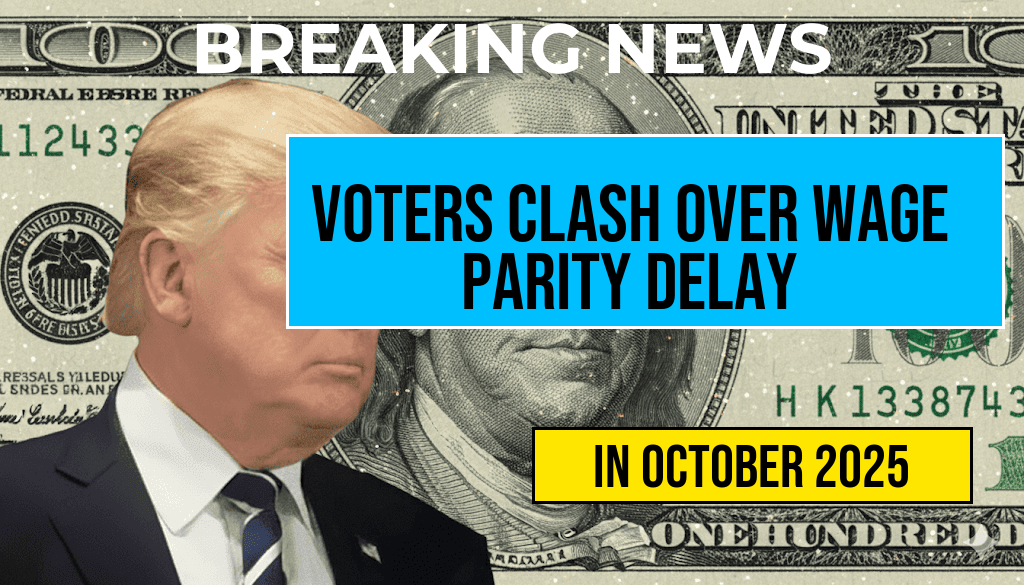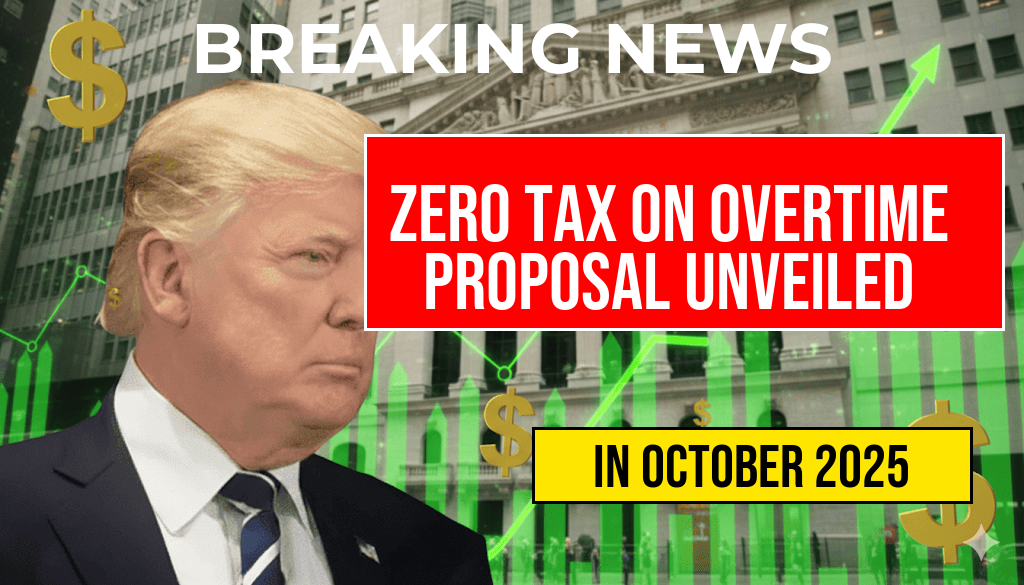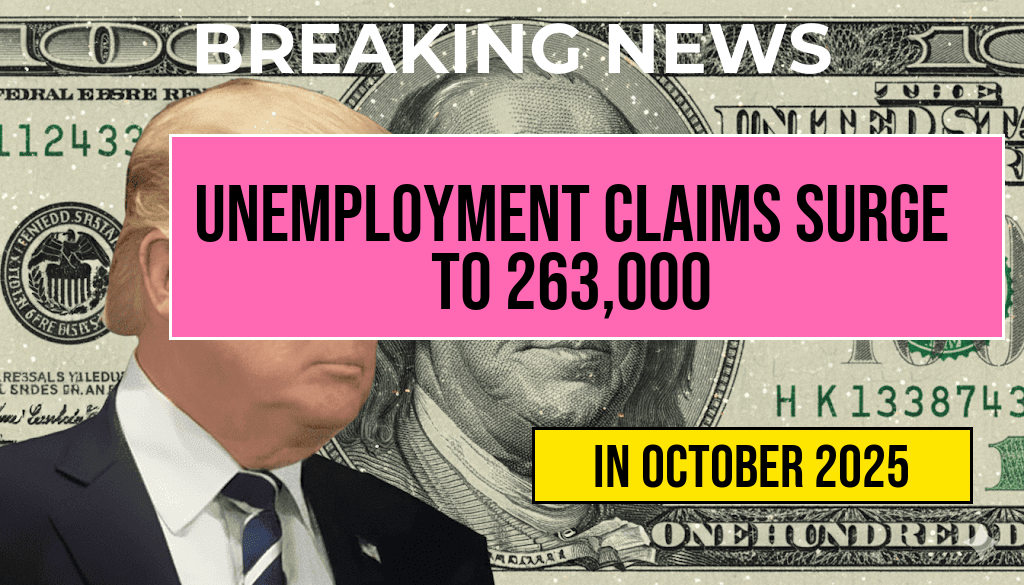A recent proposal for an early tax refund is drawing attention for its potential to eliminate taxes on overtime pay and tips, a move that could significantly benefit millions of American workers. The initiative, which aims to provide a zero tax rate on these earnings, has sparked discussions among economists, policymakers, and labor advocates about its possible implications on the workforce and the economy. The proposal seeks to address the financial strain many workers face, especially in the wake of rising living costs and inflation. As the nation grapples with economic challenges, the question arises: who stands to gain from this tax reform, and how might it reshape the landscape of hourly wage earners?
Understanding the Proposal
The early refund proposal was announced by lawmakers seeking to alleviate the financial burdens on workers. By allowing zero tax on overtime and tips, the measure aims to enhance take-home pay for those who often work beyond standard hours or rely on gratuities. This initiative is particularly significant in industries like hospitality, transportation, and healthcare, where overtime and tips constitute a substantial portion of income.
Key Features of the Proposal
- No tax on overtime pay: Workers who earn extra income through overtime would see their earnings fully retained.
- No tax on tips: Service industry employees would benefit from increased disposable income, encouraging consumer spending.
- Early refund mechanism: Eligible workers could receive refunds sooner, providing immediate financial relief.
Who Will Benefit?
The proposal is poised to impact various demographics, particularly those in low to middle-income brackets. According to the U.S. Bureau of Labor Statistics, approximately 30% of the American workforce is eligible for overtime pay, with many relying on tips to supplement their income. Workers in sectors such as food service and transportation stand to gain significantly from this reform.
Potential Economic Implications
By increasing disposable income, the proposal could stimulate consumer spending, potentially leading to job creation and economic growth. Economists suggest that when workers have more money in their pockets, they are likely to spend it, benefiting local businesses and communities. Additionally, the zero tax on overtime may encourage employers to offer more hours to their employees, fostering a healthier work environment.
Challenges and Criticisms
Despite the potential benefits, the proposal has faced criticism from various quarters. Some labor experts argue that while the zero tax on overtime and tips may provide short-term relief, it does not address the underlying issues of wage stagnation and income inequality. Critics also caution that the elimination of taxes could lead to budget shortfalls at local and state levels, as tax revenues may decrease significantly.
Potential Impact on Government Revenue
| Year | Estimated Revenue Loss (in billions) |
|---|---|
| 2024 | $25 |
| 2025 | $30 |
| 2026 | $35 |
Public Opinion and Legislative Support
Public reaction to the proposal has been mixed, with a survey conducted by the Pew Research Center indicating that approximately 60% of respondents support the idea of a zero tax on overtime and tips. Advocacy groups argue that this reform aligns with broader efforts to ensure fair wages and adequate compensation for hard-working Americans. Lawmakers from both sides of the aisle are recognizing the potential benefits of the proposal, suggesting a growing bipartisan support.
Next Steps in the Legislative Process
The proposal must pass through various legislative hurdles before becoming law. Congressional committees will review the measure, and public hearings will be held to gather input from stakeholders, including small business owners and labor unions. As discussions progress, the fate of the proposal will depend on its ability to address concerns while presenting a viable solution for economic relief.
The early refund proposal highlighting a zero tax on overtime and tips represents a significant shift in labor policy, aimed at enhancing the financial landscape for American workers. As the legislative process unfolds, the potential benefits and challenges will continue to be examined, shaping the future of work in the United States.
Frequently Asked Questions
What is the proposed zero tax on overtime and tips?
The zero tax proposal aims to eliminate taxes on overtime pay and tips, providing immediate financial relief to workers who earn extra income through these channels.
Who would benefit from the zero tax proposal?
The proposal primarily benefits employees who frequently work overtime and those who rely on tips as a significant part of their income, such as workers in the hospitality and service industries.
How does the early refund aspect of the proposal work?
The early refund aspect allows workers to receive a refund on taxes paid for overtime and tips in previous years, effectively boosting their take-home pay during the transition to a zero tax structure.
What are the potential economic impacts of this proposal?
By reducing the tax burden on overtime and tips, the proposal could stimulate consumer spending, increase disposable income, and promote job growth within affected industries.
Are there any drawbacks to the zero tax proposal?
Critics argue that while the zero tax on overtime and tips may benefit workers, it could lead to reduced government revenue, potentially affecting public services and social programs.











